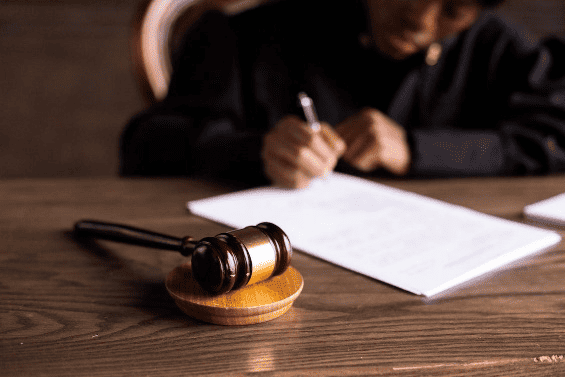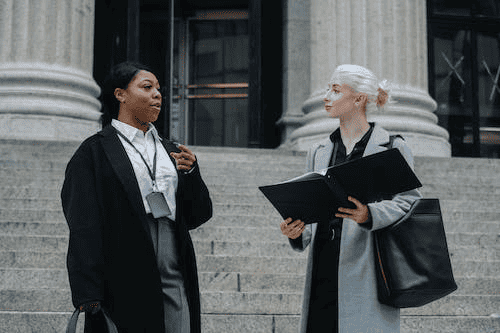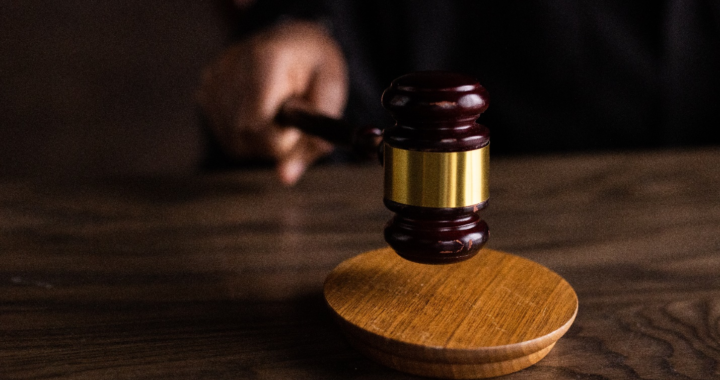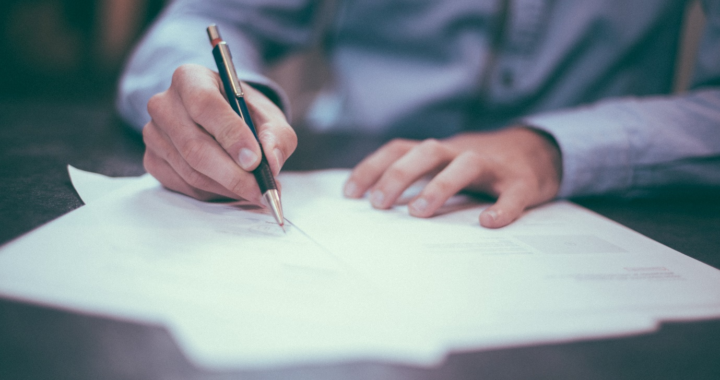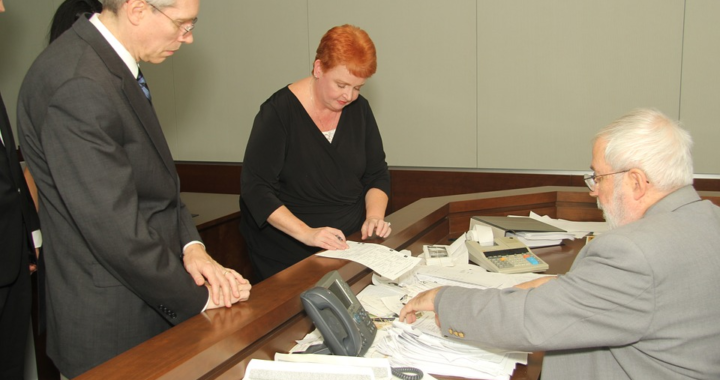In the rapidly evolving landscape of modern litigation, our digital footprints have become an indispensable source of evidence. From corporate investigations to criminal prosecutions, they leave a trail of information that can uncover the truth, establish guilt, or exonerate the innocent. However, this surge in digital evidence brings forth a complex challenge: how to effectively present and interpret this intricate data within the legal arena. This is where the role of expert witnesses in digital forensics steps into the spotlight.
Expert witness testimonies wield the power to bridge the gap between the technical intricacies of digital evidence and the legal proceedings they influence. In this power blog, we’ll discuss in detail the legal implications of expert witness testimonies. We’ll navigate the qualifications that define a digital forensics expert, the criteria for the admissibility of their testimony, and their impact on the scales of justice.
Dive in to learn about the insights, challenges, and triumphs of expert witness testimonies for digital forensics in the halls of the courtroom.
Defining Expert Witness Testimonies
When it comes to legal proceedings, expert witness testimonies serve as beacons of clarity amid complexity. An expert witness, within the context of legal engagements, is an individual with a profound understanding and extensive experience in a particular field. This is often intricately tied to the case at hand.
This role is not merely decorative; it’s pivotal. The court relies on expert witnesses as purveyors of specialized knowledge. This is especially true when it comes to digital forensics and cyber investigations. Expert witnesses form the bridge between the intricacies of digital evidence and the court’s need for comprehensible insights.
These individuals bring a unique blend of technical acumen and real-world insight to the case. This enables them to decipher intricate matters that lie beyond the average person’s grasp. Their testimonies serve to translate complex jargon into understandable narratives.
Whether identifying patterns in digital communications or tracing the paths of financial transactions, legal implications of expert witness testimonies can’t be overstated.
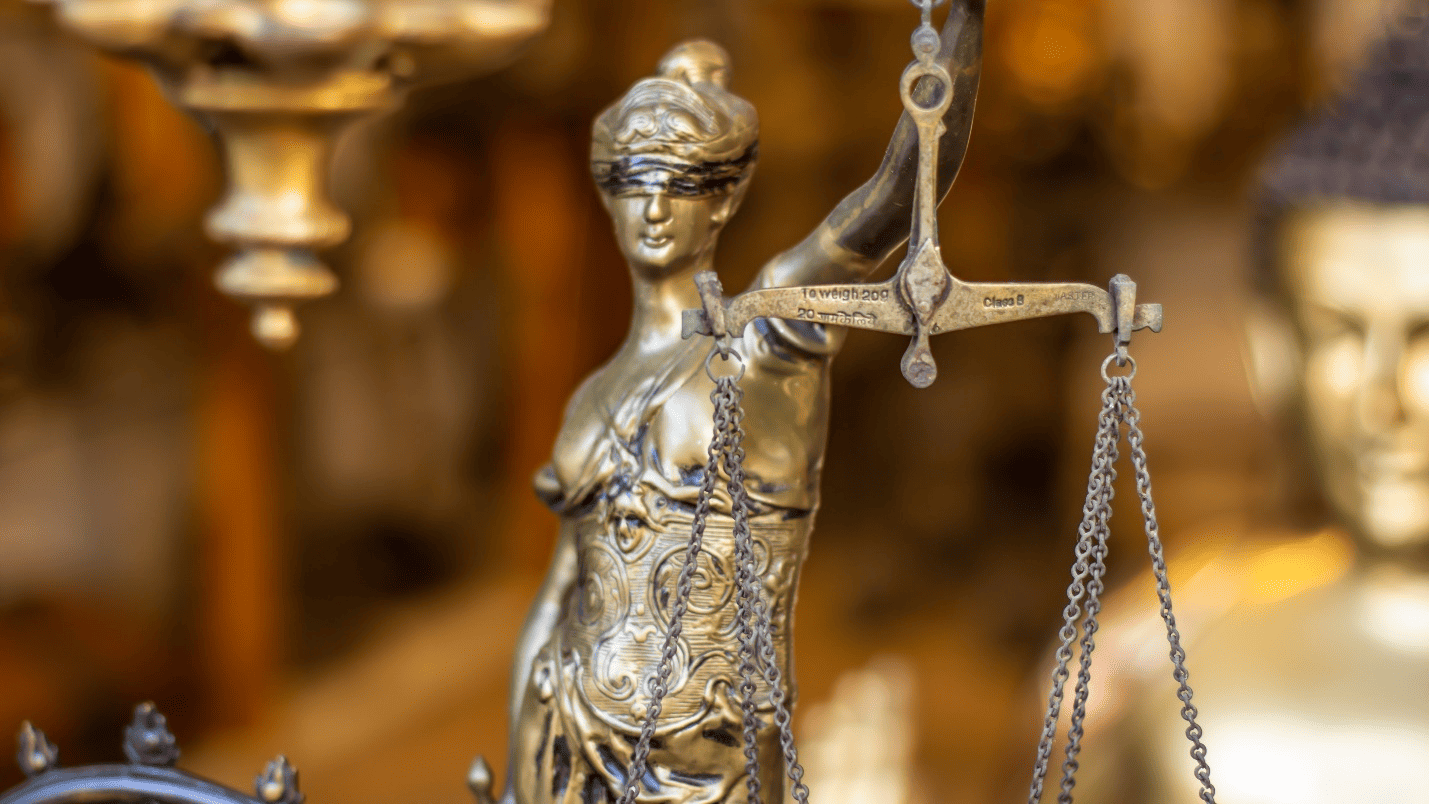
The Significance of Digital Forensics Expertise
Today, the role of digital forensics expertise has transcended from niche to necessity. Modern legal cases are increasingly reliant on the trail of digital footprints. These electronic interactions can reveal the culprit’s intentions, actions, and motives. This growing reliance reflects the reality that our lives, transactions, and communications are intricately woven into the fabric of the digital world.
Central to this new era of litigation is the digital forensics expert. They are figures who play a crucial role throughout the judicial process. These experts don’t merely observe from the periphery; they dive deep to uncover hidden truths embedded in files, metadata, and digital histories. Additionally, their task extends beyond mere extraction. They also analyze the digital landscape with a discerning eye, piecing together fragments of data to form a coherent narrative. As a result, we know that the role is indispensable.
The Role of Digital Forensics Experts in Court Proceedings
The involvement of digital forensics experts spans various stages of legal proceedings. These expert witnesses lend their insights to shape strategies, negotiate settlements, and ultimately impact the case’s resolution. From the preliminary stages to the heart of the trial, their contributions can make a profound difference in the pursuit of truth.
Pre-Trial Insights
Digital forensics experts play a crucial role even before the courtroom drama unfolds. They assist legal teams in understanding the technical aspects of the case, helping attorneys grasp the complexities of digital evidence. This early engagement allows legal professionals to strategize effectively, determining the best course of action based on the expert’s insights. Such insights are instrumental in shaping a solid foundation for the case, bolstered by a deep understanding of the digital landscape.
Influencing Settlement Negotiations
As cases progress, settlement negotiations often arise as a potential resolution. Here, the input of digital forensics expert witnesses can prove invaluable. Their insights can tip the scales during negotiations, providing a solid factual basis that encourages parties to reach agreements. When both sides recognize the depth of evidence an expert brings to the table, it can motivate them to find common ground rather than face the uncertainty of a trial.
Guiding the Trial Strategy
When the stage is set for trial, digital forensics expert witnesses remain central to the proceedings. Clear and concise expert witness testimonies can simplify complex technical matters for the judge and jury. The expert’s role extends beyond just presenting facts; it’s about providing context and clarity that resonate with the court.
Impact on Verdict and Outcome
Ultimately, digital forensics expert witnesses’ insights can be the determining factor that sways the jury’s perspective. In cases where digital evidence holds significant weight, their expert opinions can lead to clearer conclusions.
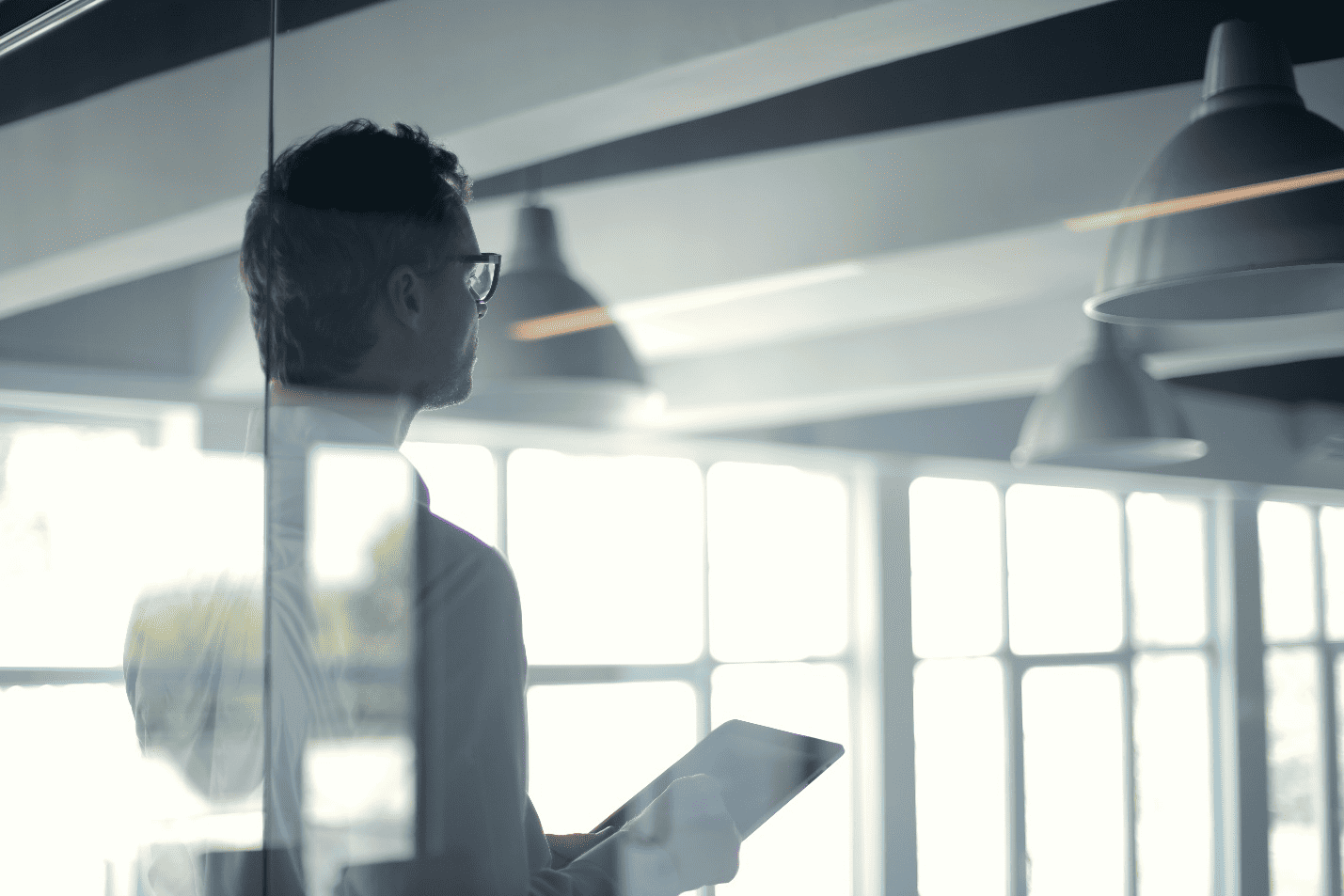
Admissibility of Expert Testimonies
Admissibility, in this context, refers to the suitability of expert insights and opinions to be presented before the court. It’s the process of ensuring that only reliable, relevant, and credible information reaches the ears of judges and juries.
This procedure is essential as it guarantees that the quality of expert witness testimonies is upheld, contributing to the fairness and accuracy of legal verdicts.Without proper standards for admissibility, the court could be inundated with misleading or unverified information, jeopardizing the pursuit of justice.
Standards Guiding Admissibility in Court
Courts employ well-defined standards to ascertain the admissibility of expert witness testimonies. Among these standards, two prominent ones are the Daubert standard and the Frye standard.
The Daubert Standard
The Daubert standard focuses on the reliability and relevance of expert testimony. It demands that the expert’s methods be scientifically valid, subjected to peer review, capable of testing, and have a known error rate. This ensures that the courtroom isn’t a platform for speculation but a realm of sound science.
The Frye Standard
On the other hand, the Frye standard emphasizes the general acceptance of the expert’s methods within the relevant field. It seeks to establish whether the techniques and theories used by the expert are widely acknowledged and trusted by professionals in the field of digital forensics. While this standard might be less concerned with the intricate details of scientific methodology, it does underline the need for a consensus among experts, acting as a safeguard against quackery.
Balancing Act of Admissibility
Determining admissibility is a delicate balancing act. Courts need to ensure that they don’t create an overly restrictive environment that prevents genuinely valuable insights from reaching the legal proceedings. At the same time, they must prevent the infiltration of pseudoscience or unverified claims that could taint the decision-making process. Striking this balance is crucial for upholding the integrity of the legal system while leveraging the expertise that digital forensics professionals bring to the table.
Challenges to Expert Witness Testimonies
Navigating expert witness testimonies in digital forensics is not without its share of challenges.These challenges can cast doubt on the integrity of expert testimonies, potentially undermining the very foundation of legal proceedings. Below, we’ve listed some of them.
Lack of Objectivity
One significant challenge is the potential for bias to color an expert’s perspectives. Bias, whether conscious or subconscious, can distort the interpretation of digital evidence. These stem from preconceived notions about a case, potentially influencing an expert’s analysis and conclusions. As a result, it can lead to conclusions that align with personal beliefs or desires rather than objective truth.
Digital forensics experts can take proactive steps to safeguard their credibility and objectivity. By approaching every case with an open mind, adhering strictly to facts, and recognizing and addressing their own biases, experts can ensure that their insights are untainted by personal inclinations. Additionally, maintaining a transparent and ethical approach to analysis helps mitigate the risk of bias or subjectivity seeping into their testimony.
Flawed Methodology
Insufficient or flawed methodology is another challenge that can plague expert witness testimonies. If experts cut corners, rely on unproven techniques, or fail to follow established best practices, it can undermine the validity of their conclusions.
Digital forensics experts can overcome this challenge by adhering to rigorous and scientifically sound methodologies. This includes using established tools, following standardized procedures, and documenting each step of the analysis process. By employing methods that can withstand scrutiny, experts enhance the credibility of their findings and provide a solid foundation for their testimony in court.
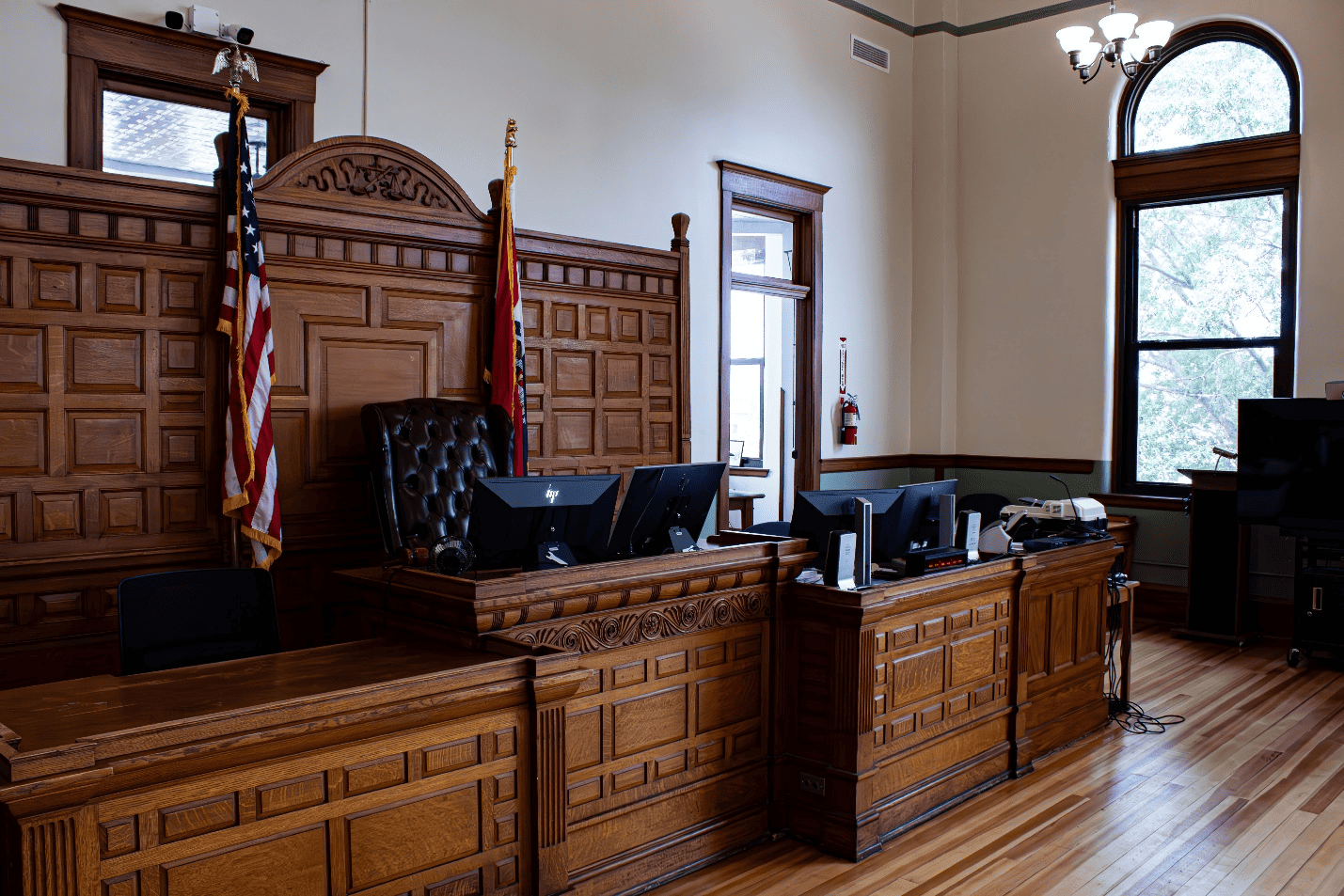
Eclipse Forensics: Your Trusted Partner in Expert Witness Testimonies
Are you on the lookout for digital forensics engineers for expert witness testimonies? Trust Eclipse Forensics to stand as your steadfast ally.
At Eclipse Forensics, we understand the paramount importance of expert witness testimonies in the pursuit of justice. Our seasoned digital forensics experts are well-versed in bridging the technical complexities of digital evidence with the demands of legal proceedings. We’ll ensure that every piece of digital evidence is deciphered, analyzed, and presented with meticulous accuracy.
Our services range from forensic audio and video analysis to digital forensics services, mobile device expertise, redaction, and file extraction and conversion.
Contact us to learn more about our expert witness testimony services in FL.
